The man and the woman had been outside and were now about to enter the store. Wearing sunglasses around 6 p.m. in September, not to mention their hoodie sweatshirts, raised red flags for the pharmacist. He met them at the door and said they could come in only if the sunglasses and hoods came off.
A short time later, the man and the woman held up the pharmacy inside the nearby Walmart. Police later arrested them at a hotel.
“Everyone that comes in with sunglasses and hoodies, you’re really careful with,” said pharmacist Kevin Holland, who owns Mount Blue Drug, the store on Wilton Road in Farmington first targeted by the robbers. “I would recommend they don’t walk into a drugstore with that stuff on.”
Holland and others like him hold jobs you might not think of as risky, but they face very real danger every day from people bent on robbing them of their drugs, money or services.
The state set a record for pharmacy robberies in 2012, the year Holland’s Farmington store was targeted. There was a drastic drop-off in pharmacy robberies in 2013 as a supply of cheap heroin became a ready substitute for those addicted to prescription painkillers such as OxyContin. Still, pharmacists, store clerks, bank tellers and other service providers continue to run the risk of a holdup every time their business is open. That was proved again Sunday night when a man walked into The Big Apple store on Stone Street in Augusta with a knife and demanded money. Jeremy McCaslin, 38, of Belgrade, has been charged with robbery in connection with that holdup.
There were a total of 421 robberies in Maine in 2012, the most recent year for which the Maine Department of Public Safety has compiled data, which was up from 370 in 2011. About 97 of those robberies occurred at businesses and another 17 at banks. Pharmacies, targets of a record 56 holdups in 2012, were the most frequently targeted businesses.
TAXI DRIVERS AT RISK, TOO
Paul Marquis, who owns Wicked Good Taxi in Augusta, has, statistically at least, one of the more dangerous jobs going. Taxi drivers are 20 times more likely to be murdered on the job than other workers, according to a 2010 report by the Occupational Safety and Health Administration. The report concludes that taxi drivers faced increased risk because they work with cash, alone in isolated areas, at night, in high-crime areas and often with people under the influence of drugs or alcohol.
Still, Marquis said, he doesn’t fear his work environment. He said he has never been held up.
“I don’t worry about it,” he said. “It’s just not something I dwell on. I worry more about texters and people with no snow tires in a snowstorm.”
Marquis admits there have been moments of unease on the job. Sometimes, during a long ride, he wonders if the customer will have enough money to pay the fare — and if not, what will happen.
“You get sketchy people every now and then, and you just kind of wonder,” Marquis said. “It’s not something I fear. It’s just something I need to be aware of.”
In recent months in central Maine, a series of robberies has occurred at various local businesses.
In November, the Osco pharmacy at Shaw’s supermarket on Western Avenue in Augusta was robbed twice within 48 hours when a man presented a threatening note to pharmacists demanding oxycodone. Police later arrested Ryan McLaughlin, 26, of Dresden, on charges of robbery, burglary and theft.
In January and early February, a Bingham man allegedly robbed two banks while armed with a carpenter’s hammer when he needed money for drugs, according to court records. Travis A. Carrigan, 35, allegedly stole more than $5,000 from Camden National Bank and $3,600 from Skowhegan Savings Bank, both in Bingham. He is facing two counts of armed robbery.
In late February, Waterville police arrested David Alvarez, 28, of Thomaston, with a charge of robbery after he allegedly gave a Bangor Savings Bank teller a note that said he would “remove pistal” if he didn’t get what he wanted. Alvarez, who wore a hoodie, forgot to bring a bag to put the money in; so he told the teller to use her jacket, and he ran out with $3,715 in cash. He was picked up later that day by Waterville police.
And on March 30, McCaslin allegedly walked into The Big Apple, went behind the counter and held the knife blade to the clerk’s back while he took money out of the cash register. He was later arrested by police at gunpoint and was charged with robbery.
WEAPONS LEAVE EMOTIONAL SCARS
The Department of Public Safety report indicates guns were used in about 92 of all 2012 robberies, an increase of 20 percent over 2011; and knives were used in 53 robberies, which was down 24 percent from the previous year.
“If you’ve had a weapon pointed at you, it’s a scary process,” Augusta Police Chief Robert Gregoire said. “It’s one thing thinking there’s a threat and another knowing there’s a threat.”
Gregoire said there are victims who suffer post-traumatic stress disorder after being held up.
“You don’t know what’s going to happen,” he said. “It has a negative effect on those people on the other side of the counter.”
Holland, who also owns Holland’s Variety Drug on Water Street in Skowhegan, said neither of his stores has ever been robbed, but he has talked to a number of people who have been victimized. He knows of at least one person who, after being tied up during a Portland robbery, got out of the business because of the stress of a potential second robbery.
“He just didn’t dare to work alone anymore,” Holland said. “It’s a life-changing thing for some people.”
The severity of the reaction depends on the person who is victimized and the nature of the crime. Holland said many people seem to recover well if the robbery involves only a note demanding money or drugs, but the effect tends to be much more severe and last longer if a weapon is displayed or if there is physical contact.
“Most of the time they don’t see a firearm, so it keeps them calm,” Holland said. “If I saw a firearm, I think I would be considerably more stressed.”
Holland said the number of employees and customers at his busy Skowhegan store, plus its close proximity to the police station, helps reduce the risk of being robbed. Holland has taken additional steps to thwart would-be robbers.
“I’ve got more security cameras than probably any bank in the state,” he said.
Holland also was a vocal advocate for federal prosecution of pharmacy robbers. He believes the decision in Somerset and Kennebec counties to send cases to the federal courts has helped reduce the number of pharmacy robberies.
“It will get a much stiffer sentence,” Holland said. “Unfortunately, part of the reason it’s gone down is the increase in heroin.”
âDON’T POKE THE BEAR’
Awareness is key to preventing robberies and crime in the first place, Gregoire said. He encouraged customers or employees who notice someone dressed suspiciously, or behaving peculiarly, to call police right away. He said police would rather send an officer to check on the store before it’s robbed than send a team off officers afterward.
“We’d rather be proactive than reactive,” he said.
If the preventive measures fail, and his store is robbed, Holland has taught his employees to do exactly as they are told.
“Hope that somebody else is going to arrest them,” he said. “Don’t try to be a hero.”
Gregoire said that is crucial advice.
“First and foremost is personal safety,” he said. “There’s nothing worth getting injured over.”
Marquis said he has learned that customers are usually anxious to return the favor if you treat them with respect. He said he is not fearful of people, but he goes out of his way not to antagonize someone.
“You don’t poke the bear,” he said. “Basically, keeping the right attitude keeps you safer than anything.”
Marquis, who drove a taxi in the early 1980s and again in 2001, said comfort has come with maturity.
“I think I had a bad attitude back then,” Marquis said. “I didn’t have the patience, and people responded in kind.”
Craig Crosby — 621-5642ccrosby@centralmaine.comTwitter: @CraigCrosby4
Send questions/comments to the editors.

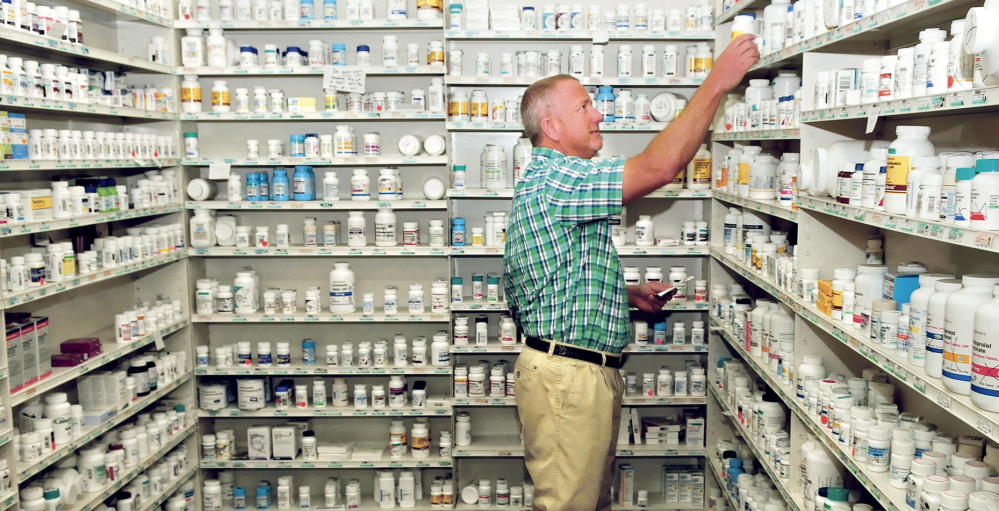
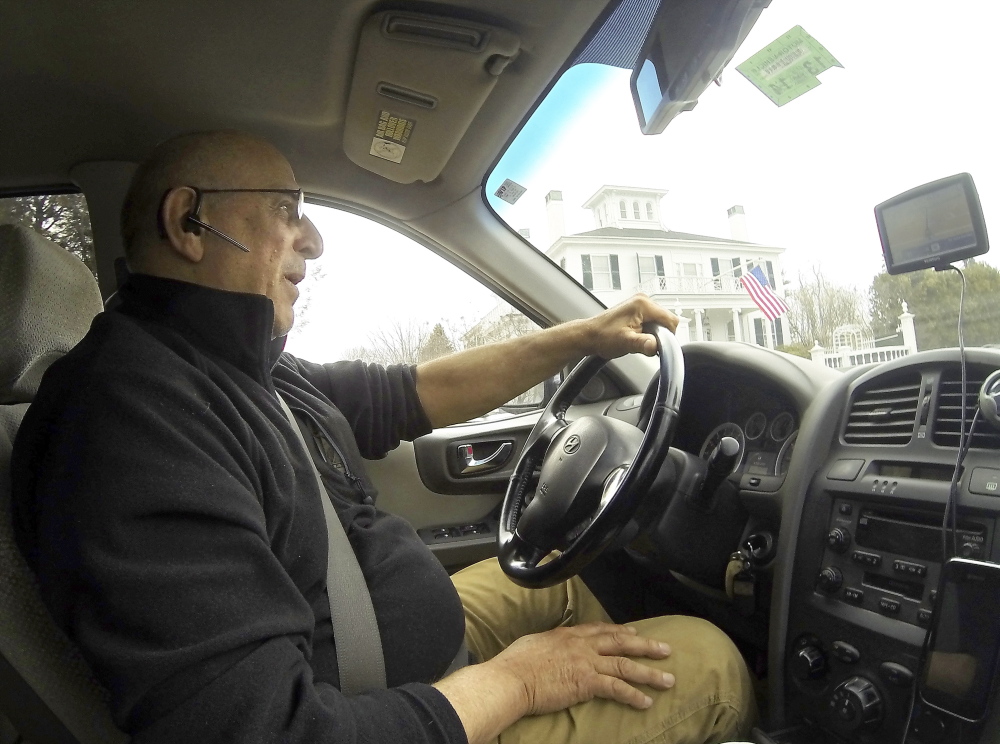
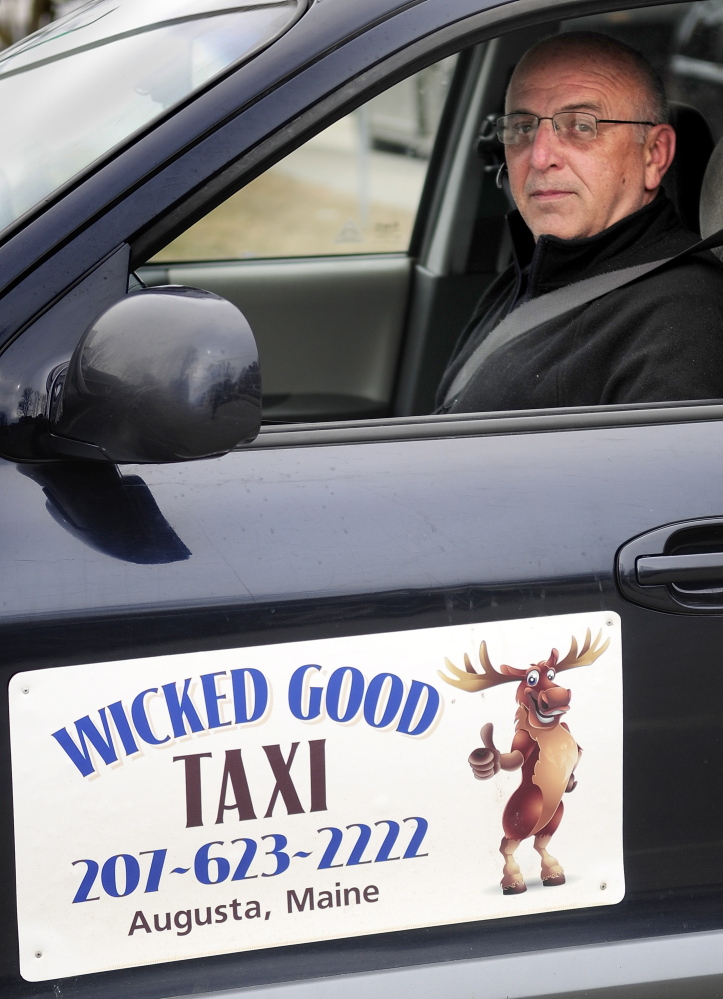
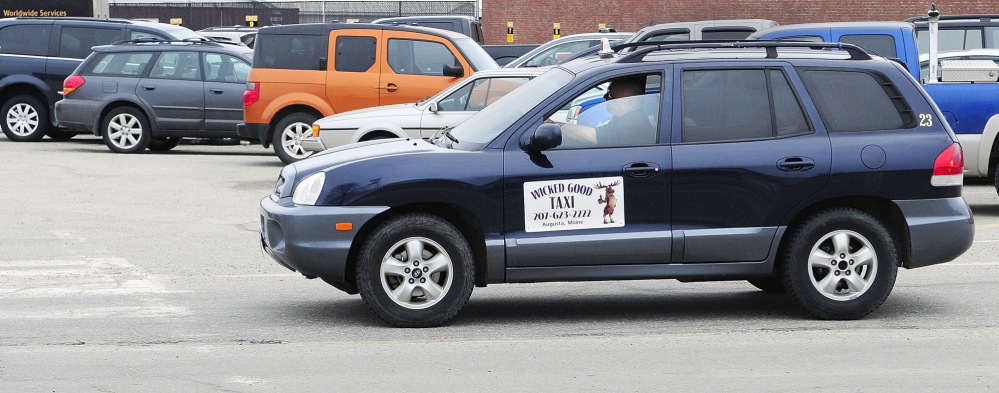
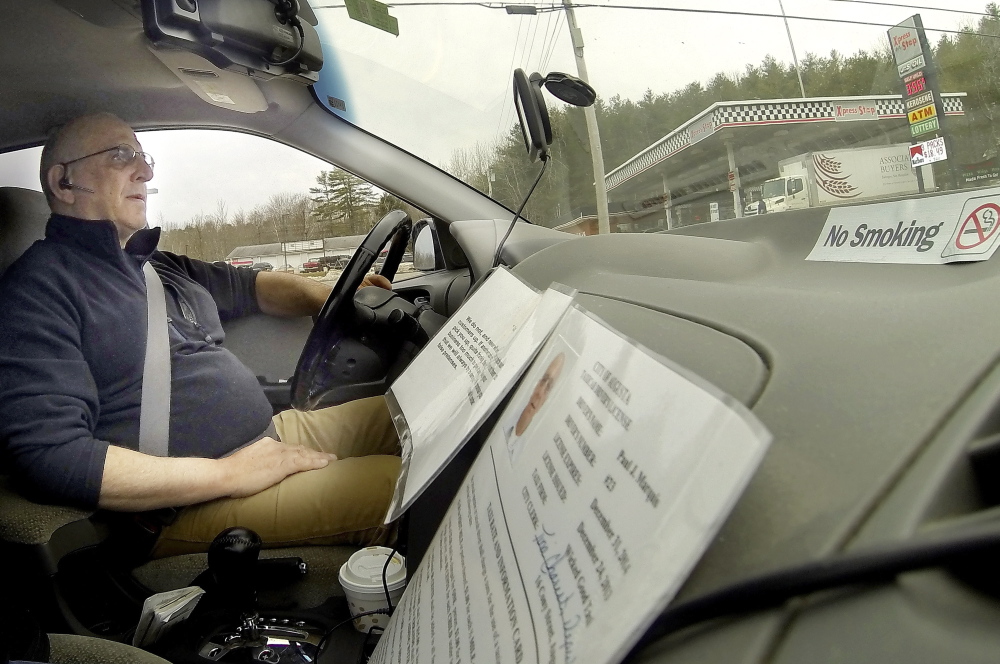
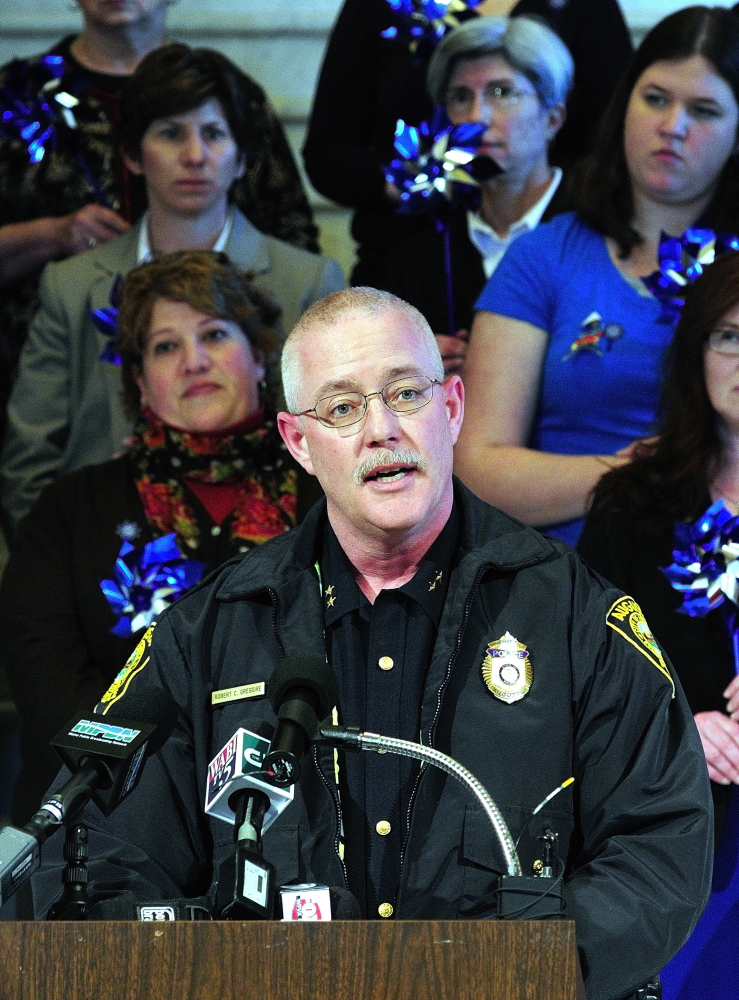

Comments are no longer available on this story